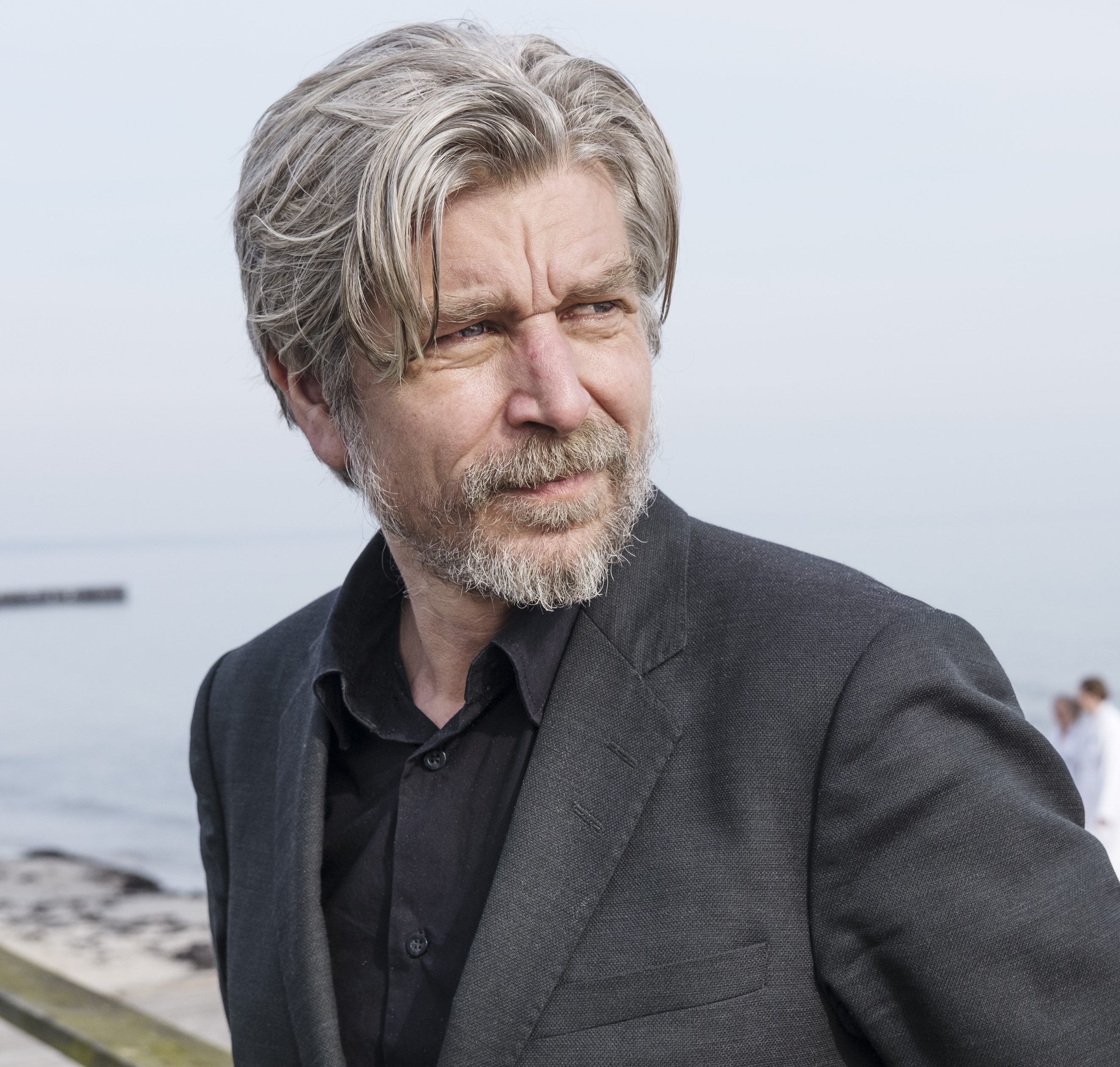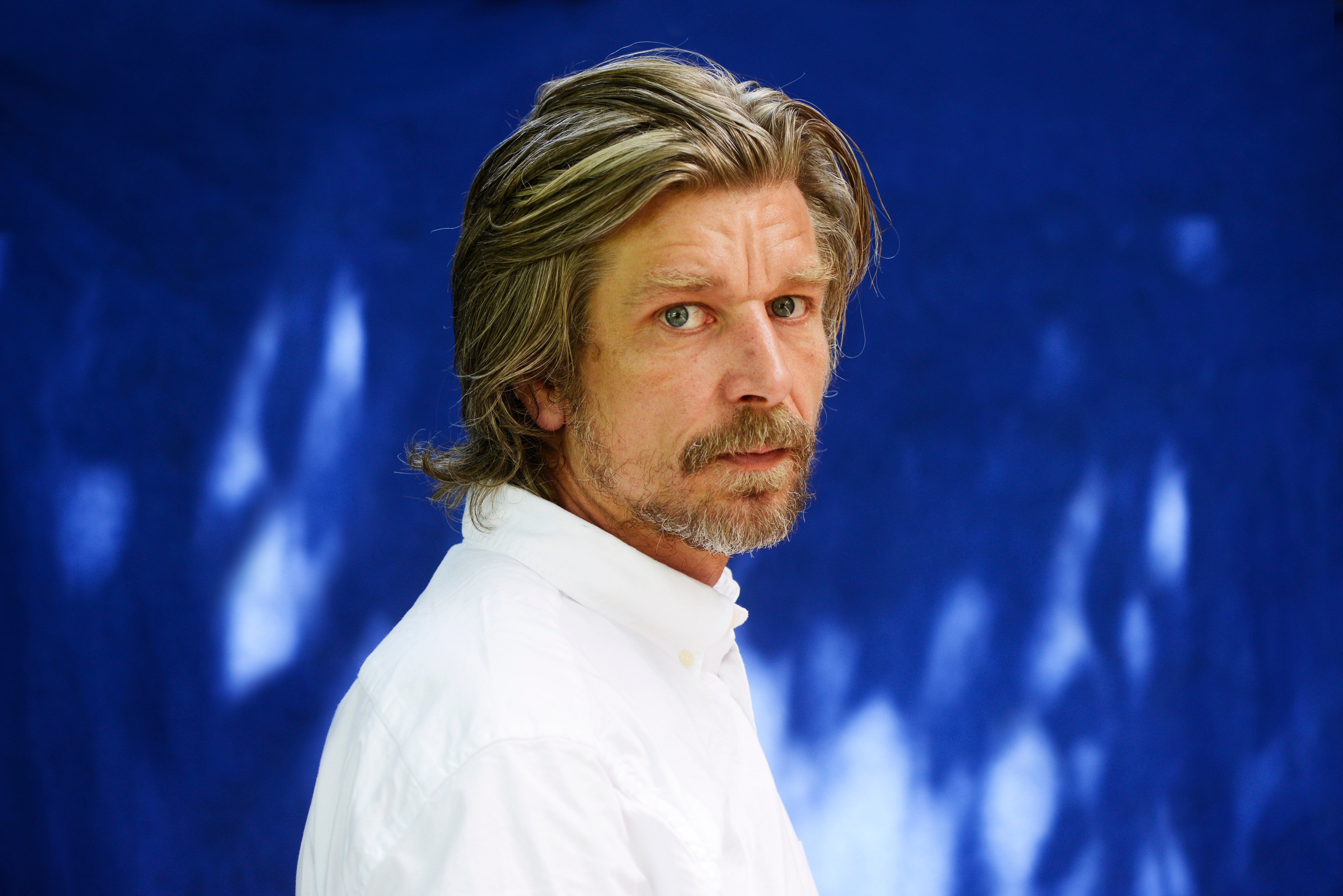

There is a lot of herself in Ellen, Boström Knausgård, 46, says. But it is perhaps more accurate-and certainly more interesting-to think of Welcome to America as an assertion of Boström Knausgård’s own strengths, both personal and literary. on September 3, she tells a piercing story of a girl who responds to trauma by mustering the most powerful weapon available to her: silence. Because the novel-like her other fiction-draws closely from its author’s past, it will surely invite comparison with My Struggle, by her former husband, Karl Ove Knausgaard. In Welcome to America, Boström Knausgård’s second novel, which was awarded Sweden’s prestigious August Prize and came out in the U.S. But they also figure prominently in her own work. Questions of strength and weakness have hovered around Boström Knausgård ever since the novelist with whom she shares a last name wrote, in rather excruciating detail, about their life together and Boström Knausgård’s mental illness.

It is the answer of someone accustomed to contending with the slow poison of other people’s assumptions. “I am a strong person,” she says emphatically, chuckling a little at her own vehemence. But ask her if she sees herself as weak and Linda Boström Knausgård is unequivocal. Despite the blazer and jeans, she would not look out of place rising from the mist in some Arthurian legend or collapsing onto a Victorian fainting couch. Her skin, pale as a plate of milk, is translucent, and against the clatter of the Stockholm coffee shop, she speaks tentatively, as if testing whether the words can bear her weight.

You expect a certain fragility, and at first encounter, she does not disappoint.


 0 kommentar(er)
0 kommentar(er)
